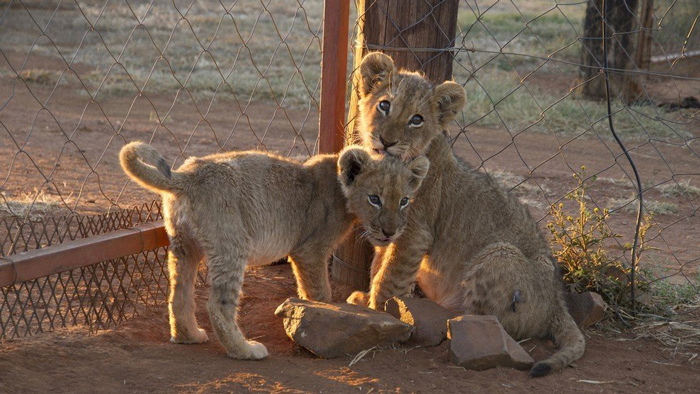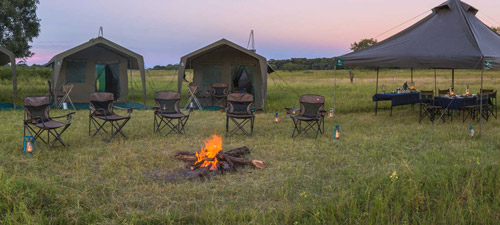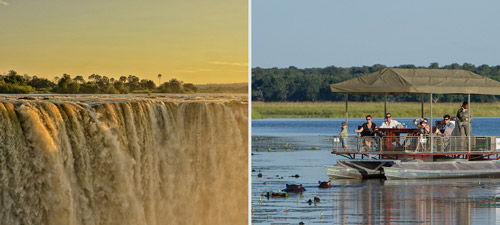The Professional Hunters Association of South Africa (PHASA) is to defend its position on captive-bred lion hunting and breeding in the Pretoria High Court on 22 November. Originated by The Professional Hunters’ Association of South Africa

Ironically, the court date coincides with the association’s 39th annual general meeting (AGM) to be held from 21 to 23 November this year.
A year ago, the majority of members voted in favour of the association’s resolution to distance itself from captive-bred lion (CBL) hunting and breeding until such time as the South African Predators Association (SAPA) could convince PHASA and the International Union for Conservation of Nature (IUCN) of the conservation value of captive-bred lions.
Today, PHASA’s CBL resolution still stands; SAPA has failed to prove the above.
“Members engaging in CBL activities would be in direct violation of PHASA’s constitution, and would face an internal disciplinary hearing, which will end in dismissal if found guilty,” explains PHASA President, Stan Burger.
Why go to court?
Some PHASA members who wish to continue hunting CBL, and had their membership of PHASA suspended by the executive committee, have challenged their suspensions and the resolution taken at the 2015 AGM by approaching the court.
“PHASA stands by its resolution to distance itself from captive-bred lion hunting and breeding, and will defend its CBL resolution in court,” says Burger
PHASA’s concerns
“PHASA’s concern is rooted in the fact that the prevailing view amongst carnivore specialists, is that “the breeding of lions in captivity does not contribute to the conservation of the species,” notes Burger.
The above-mentioned view is shared by the Convention on International Trade in Endangered Species (CITES), the IUCN, the US Fish & Wildlife Services (USFWS), the World Wildlife Fund (WWF) and many more, including local hunting associations and many prominent international hunting associations (and hunters) across the globe.
The mere adherence to the minimum national and provincial legislative requirements of our country and/or the SAPA norms and accreditation process does not lend CBL shooting any credibility nor give it any social license. “No activity that is not socially acceptable is sustainable,” adds Burger.
“Captive-bred lion breeding and shooting do not uphold the moral principle that justifies responsible, ethical and legal hunting of wild lion (where the conservation value of hunting has been scientifically proven time and again) under the conditions of Fair Chase. For this reason, it is ethically indefensible and we will not support it,” says Burger.
Read more about South Africa’s captive lion breeding industry
To comment on this story: Login (or sign up) to our app here - it's a troll-free safe place 🙂.![]()
HOW TO GET THE MOST OUT OF AFRICA GEOGRAPHIC:
- Travel with us. Travel in Africa is about knowing when and where to go, and with whom. A few weeks too early / late and a few kilometres off course and you could miss the greatest show on Earth. And wouldn’t that be a pity? Browse our ready-made packages or answer a few questions to start planning your dream safari.
- Subscribe to our FREE newsletter / download our FREE app to enjoy the following benefits.
- Plan your safaris in remote parks protected by African Parks via our sister company https://ukuri.travel/ - safari camps for responsible travellers






